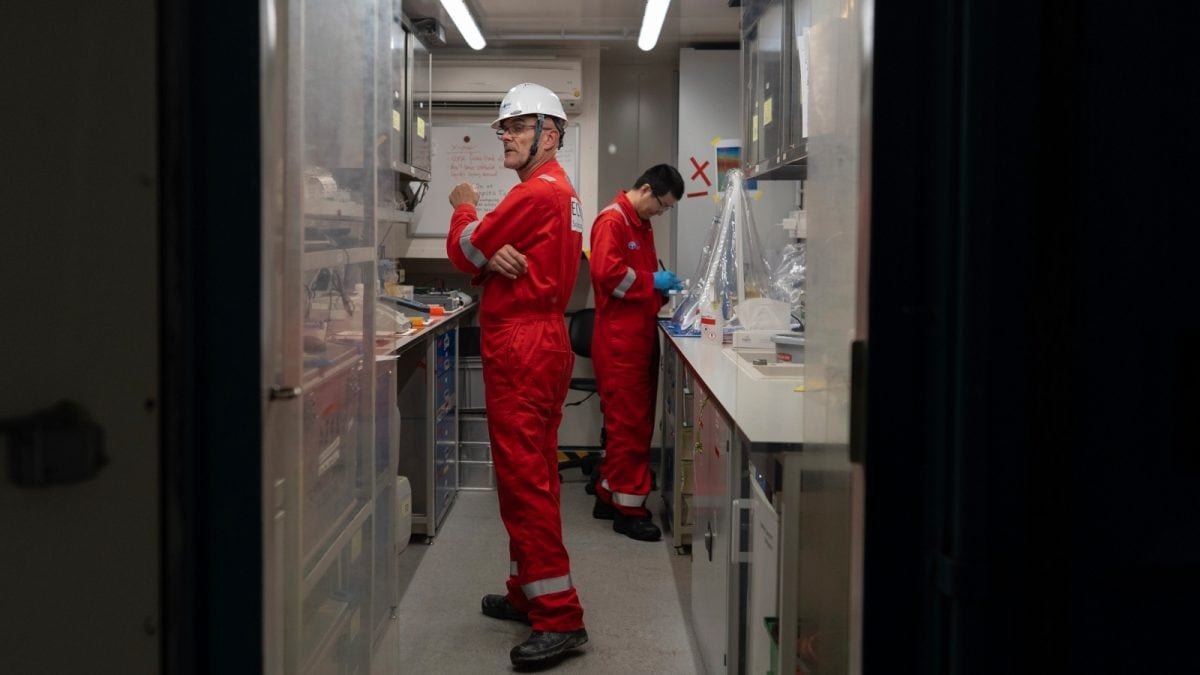Nigeria is poised to host the continent’s first local insulin production facility, even as its aviation regulators move to certify China’s C919 jet for domestic use — twin developments that underscore the growing depth and strategic scope of China-Nigeria cooperation.
China is significantly expanding its presence in Africa, with Nigeria taking center stage as a key partner in both healthcare and aviation.
The West African nation is poised to host the continent’s first local insulin production facility, even as its aviation regulators move to certify China’s C919 jet for domestic use — twin developments that underscore the growing depth and strategic scope of China-Nigeria cooperation.
According to a China Daily report, the insulin initiative, unveiled by Chinese Ambassador to Nigeria Yu Dunhai in Abuja, is poised to lower treatment costs for diabetes, expand access to life-saving medication, and position Nigeria as a pharmaceutical hub for West Africa.
Speaking at a reception marking the 76th anniversary of the founding of the People’s Republic of China, Yu described the project as a game-changer in regional healthcare.
“Chinese companies are in talks with Nigeria to build Africa’s first local insulin production facility, potentially ending Nigeria’s reliance on imported insulin and positioning Nigeria as a hub for African medical biotechnology,” China Daily quoted as saying.
The effort is backed by a memorandum of understanding signed between Nigeria’s National Biotechnology Research and Development Agency (NBRDA) and Shanghai Haiqi Industrial Company Limited.
Nigeria’s Minister of Innovation, Science and Technology, Uche Nnaji, hailed the agreement as a “landmark moment” in the country’s scientific and healthcare journey.
“This cooperation will ensure a stable supply of insulin in Nigeria, promote pharmaceutical manufacturing through technology transfer and local production, create jobs, and contribute to economic growth,” Nnaji told China Daily.
Mustapha Abdullahi, Director-General of NBRDA, emphasised the significance of moving from import dependency to local capacity.
“Insulin is normally imported in various types, but today we are moving toward a standard local production system,” China Daily quoted him as saying.
“This initiative addresses not just Nigeria’s needs, but also that of other African countries,” he added.
The collaboration also reflects the broader, evolving scope of China-Nigeria relations.
At the same event, Nigeria’s Deputy Senate President Barau Jibrin — represented by Senator Babangida Hussaini — described the partnership as “comprehensive and strategic,” highlighting existing Chinese investments in roads, railways, power, and industrial infrastructure.
Beyond infrastructure, Jibrin noted growing people-to-people ties, including a rise in Nigerian students in China and increased cultural exchange.
Meanwhile, cooperation is also taking off in the skies.
Nigeria’s civil aviation authority is currently evaluating the certification of China’s COMAC C919 jet, a narrow-body aircraft designed to compete with Boeing and Airbus, for use by Nigerian carriers.
Civil Aviation Authority Director General Chris Ona Najomo told Reuters that talks with COMAC have included aircraft maintenance, training support, and dry lease options.
“We are exploring the certification process for the C919 to operate on domestic routes,” Najomo said, noting that the aircraft’s entry into Nigeria’s aviation market could offer cost-effective alternatives for local airlines amid growing demand.
The simultaneous strides in healthcare and aviation underscore China’s increasing footprint in Nigeria — and Africa at large — as the two nations deepen a multifaceted partnership that spans infrastructure, technology, medicine, and mobility.
With inputs from agencies
End of Article

)

)